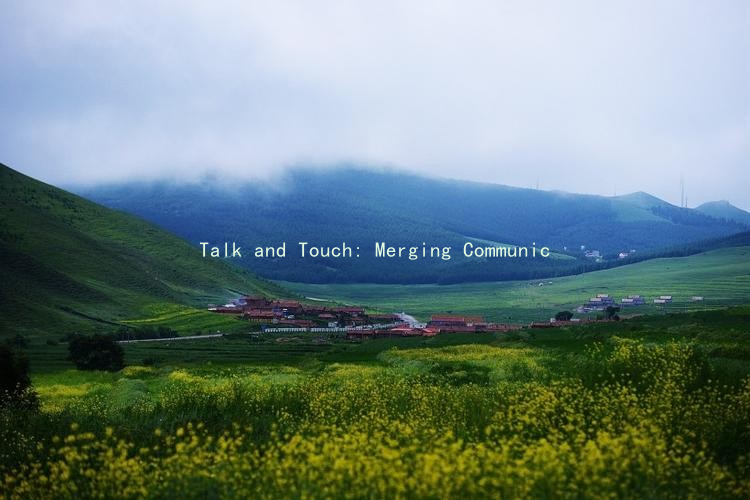Navigating Love: Emotional Tribe Techniques for Effective Conflict Resolution
Navigating Love: Emotional Tribe Techniques for Effective Conflict Resolution
In the intricate dance of love, conflicts are bound to arise. The way couples handle disagreements can significantly influence their relationship dynamics. Mastering effective conflict resolution techniques is essential for maintaining harmony and deepening emotional connections. One such approach is grounded in the concept of “Emotional Tribe Techniques,” which emphasizes understanding emotions and fostering open communication. Lets explore a few strategies to enhance conflict resolution in romantic relationships.
Understanding Emotions
The first step in resolving conflicts is recognizing that emotions play a crucial role. When disagreements arise, individuals often react based on their feelings, which can cloud judgment and lead to escalation. Encouraging partners to identify and express their emotions—whether it’s frustration, sadness, or fear—creates an atmosphere of empathy and validation. Instead of labeling feelings as “wrong,” partners can frame their expressions in terms of personal experiences. For example, saying “I feel anxious when…” can help convey emotions without sounding accusatory.
Active Listening
Active listening is a cornerstone of effective communication in relationships. It entails not just hearing words but truly understanding the partner’s perspective. During conflicts, individuals often focus on formulating their responses rather than fully absorbing what the other person is saying. To combat this, couples can practice techniques like summarizing what the other person has said before responding. Phrases such as “What I hear you saying is…” demonstrate attentiveness and encourage deeper understanding. This practice can prevent misunderstandings and help both partners feel heard.
Finding Common Ground
In any disagreement, finding areas of agreement is essential. Couples should aim to identify shared goals or values even amidst conflict. For instance, if the argument centers around household responsibilities, reframing the conversation to emphasize a mutual desire for a harmonious living space can shift the focus from blame to collaboration. Brainstorming solutions together fosters teamwork and nurtures a sense of partnership, making it easier to navigate challenges.

The Power of “I” Statements
How partners express themselves during a conflict can either escalate or de-escalate tensions. Utilizing “I” statements, instead of “You” statements, shifts the focus from blame to personal experience. Instead of saying, “You never listen to me,” one could express, “I feel unheard when…” This simple change can reduce defensiveness and create a more constructive dialogue. Practicing this technique consistently helps in nurturing a safe space where both partners feel comfortable sharing their thoughts and feelings.
Setting Boundaries and Time-Outs
Sometimes, conflicts can become too heated, leading to unproductive arguments. Establishing boundaries during disagreements is crucial. This might involve agreeing to take a “time-out” when emotions run high. Partners can decide to revisit the conversation after a short break, allowing both individuals to cool down and reflect on their feelings. This practice prevents saying things in anger that may be regretted later and ensures that discussions remain respectful and constructive.
Cultivating Forgiveness
Conflict resolution is not just about finding solutions, but also about letting go of past grievances. Cultivating forgiveness is essential for moving forward. This can involve having open discussions about past conflicts and actively choosing to release resentment. Acknowledging the imperfections in both partners and recognizing that everyone makes mistakes fosters compassion. Couples can develop rituals for reconciliation, such as sharing gratitude or reaffirming their commitment to one another, reinforcing the strength of their bond.
In conclusion, navigating love requires dedication, patience, and effective communication skills. By incorporating Emotional Tribe Techniques into conflict resolution, couples can transform disagreements into opportunities for growth. Through understanding emotions, practicing active listening, finding common ground, using “I” statements, setting healthy boundaries, and cultivating forgiveness, partners can build a stronger, more resilient relationship. Love is indeed a journey, and with the right tools, it can be a fulfilling and enriching experience.





